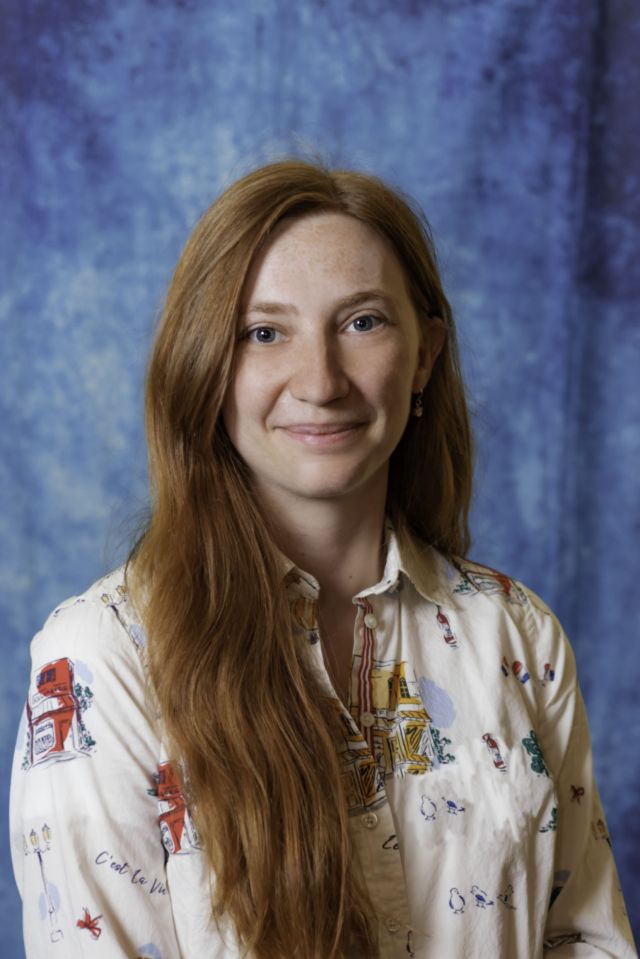Marley Dewey, Ph.D., Postdoctoral Researcher, University of Pittsburgh

Title: Engineering Biomaterials and Matrix Signals for Repair of Large-scale Bone Defects
Abstract: Biomaterial strategies to repair craniomaxillofacial (CMF) defects, or large-scale bone defects, require materials which can provide structural support, resist infection, and provide cellular signals to promote bone formation. Mineralized collagen scaffolds are biomaterials capable of regenerating bone in small animal models; however, like many biomaterials, struggle to repair large-scale defects in clinically-relevant models (porcine). To improve repair of CMF defects using mineralized collagen scaffolds, we alter the scaffold mechanical properties to avoid a foreign body response. We fabricate mechanically robust composite structures of 3D- prints and collagen scaffolds with tailorable mechanics and shape-fitting behavior to create a material with improved fit to the complex geometries of CMF defects. Another barrier to CMF defect repair is infection, which is rarely studied in bioresorbable (non-permanent) implants. We characterize the response of bacteria to mineralized collagen scaffolds and the use of manuka honey to prevent infection. A third challenge to repairing CMF defects is incorporating signaling elements within biomaterials to guide cell behavior and bone repair throughout the defect space. Extracellular vesicles (EV), nano-scale lipid vesicles secreted by all cells, represent a source of cell-signaling cargo which can influence cell behavior. We examine the role of EV in bone repair and regenerative medicine applications, including the role of a new class of extracellular vesicle, matrix-bound nanovesicles (MBV), located within the extracellular matrix. Future goals aim to combine biomaterials with a diverse population of EV to guide cell behavior and bone repair in CMF defects, as well as other skeletal repair problems such as implant infection and bone cancer.